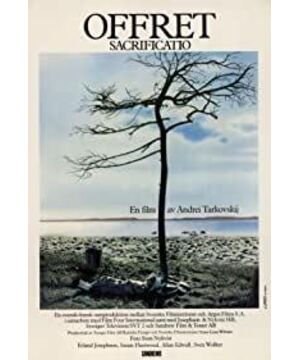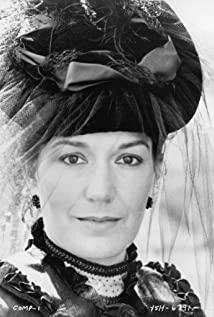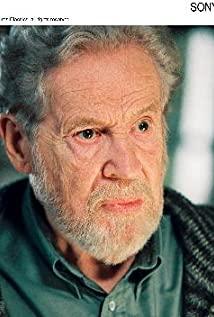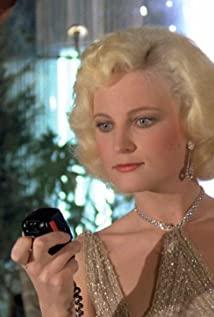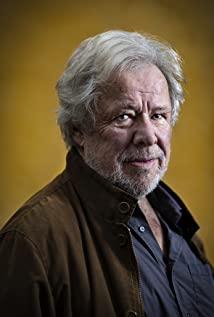Laota said that this film was made for his son, and hoped that he would have hope and confidence. It is true that the beginning and end of the film echo each other, the colors change from dark to bright, and the growth of the little boy and the tree does give people a touch of warmth. (Is the little boy also a metaphor? The fire of human civilization and the hope of survival?)
But, for the most part, the movie leaves me feeling hopeless. This is an old allegory in a modern context. The times are running fast, human beings have experienced double sinking in the material and spiritual worlds, and the people of the world are not old. After the protagonist Alexander learned the news of the end of the world (the film should refer to nuclear weapons), he married the maid Maria, and finally set fire to destroy the house. The maid's name probably has religious connotations. Is burning the house a way of redemption and new life? In order to make up for the wrongs committed by mankind, Alexander willingly sacrificed himself as a sacrifice. So he is both a prophet and a hysterical lunatic and lunatic.
Watching this kind of art film, you really have to be patient and slow down. The theme actually has a strong impact and division, but the narrative is bland, as if a wise man is speaking. Poetry flows in this slow environment. Coupled with the soundtrack, the sublime and tragic feeling probably comes from this.
View more about The Sacrifice reviews


